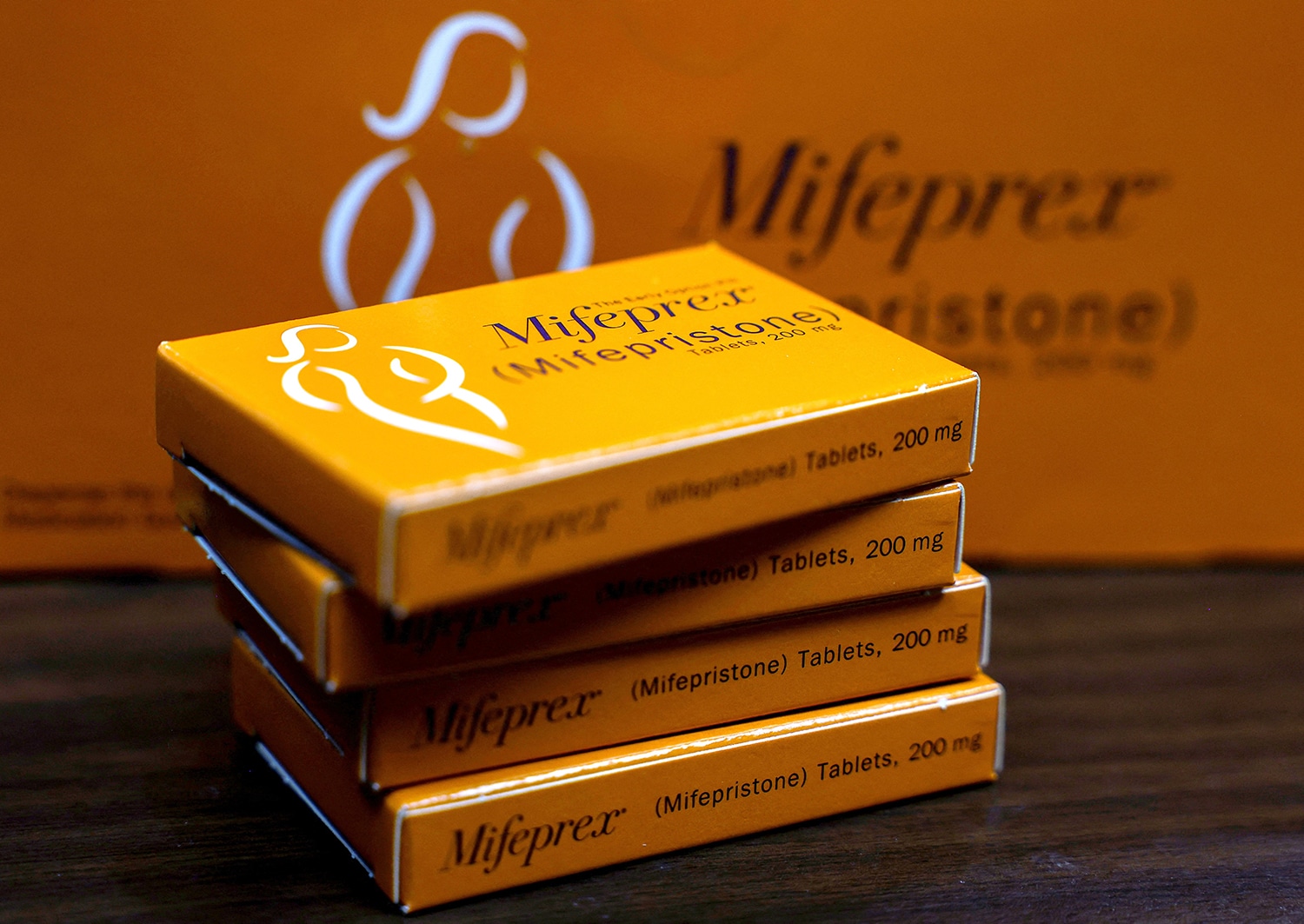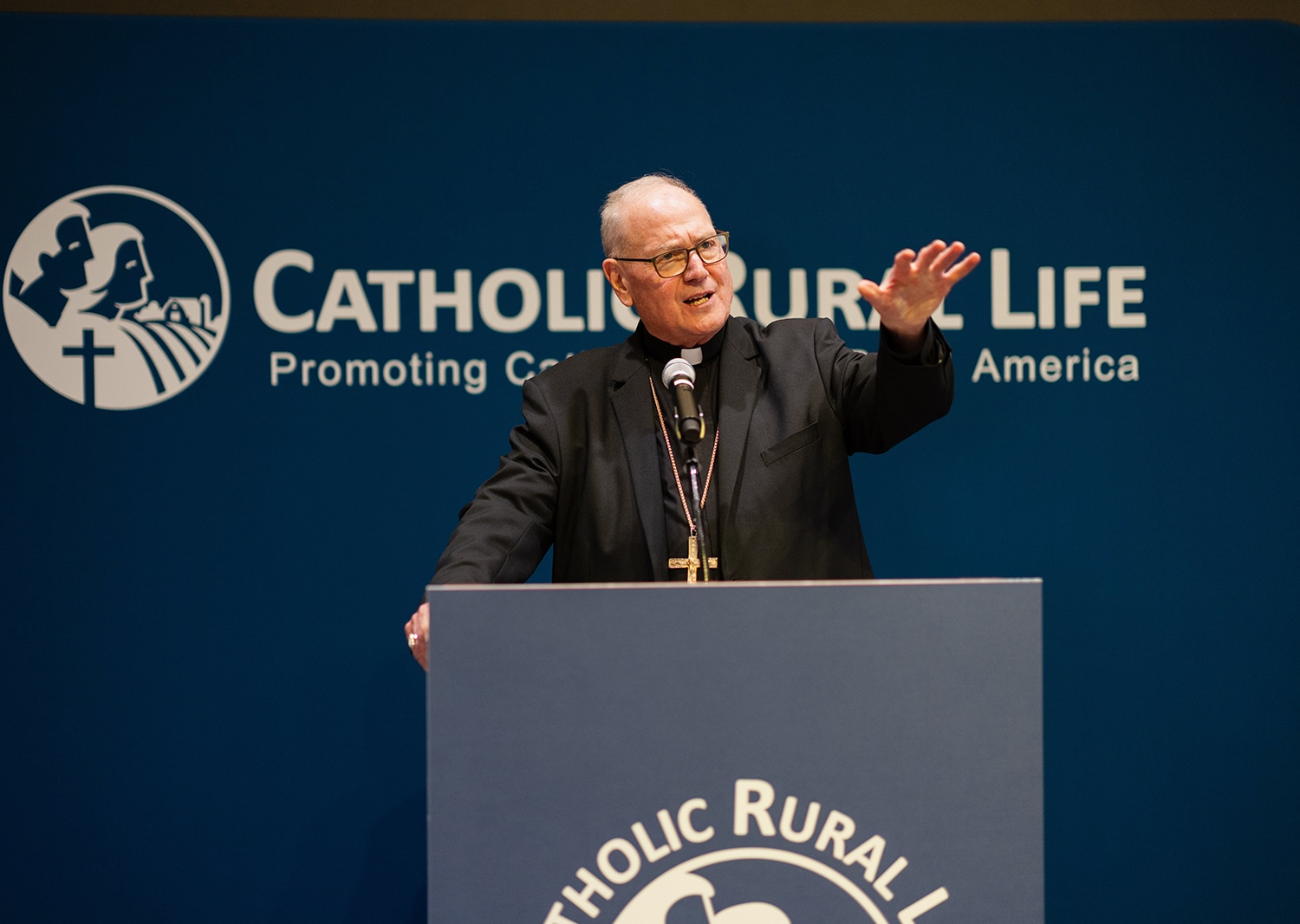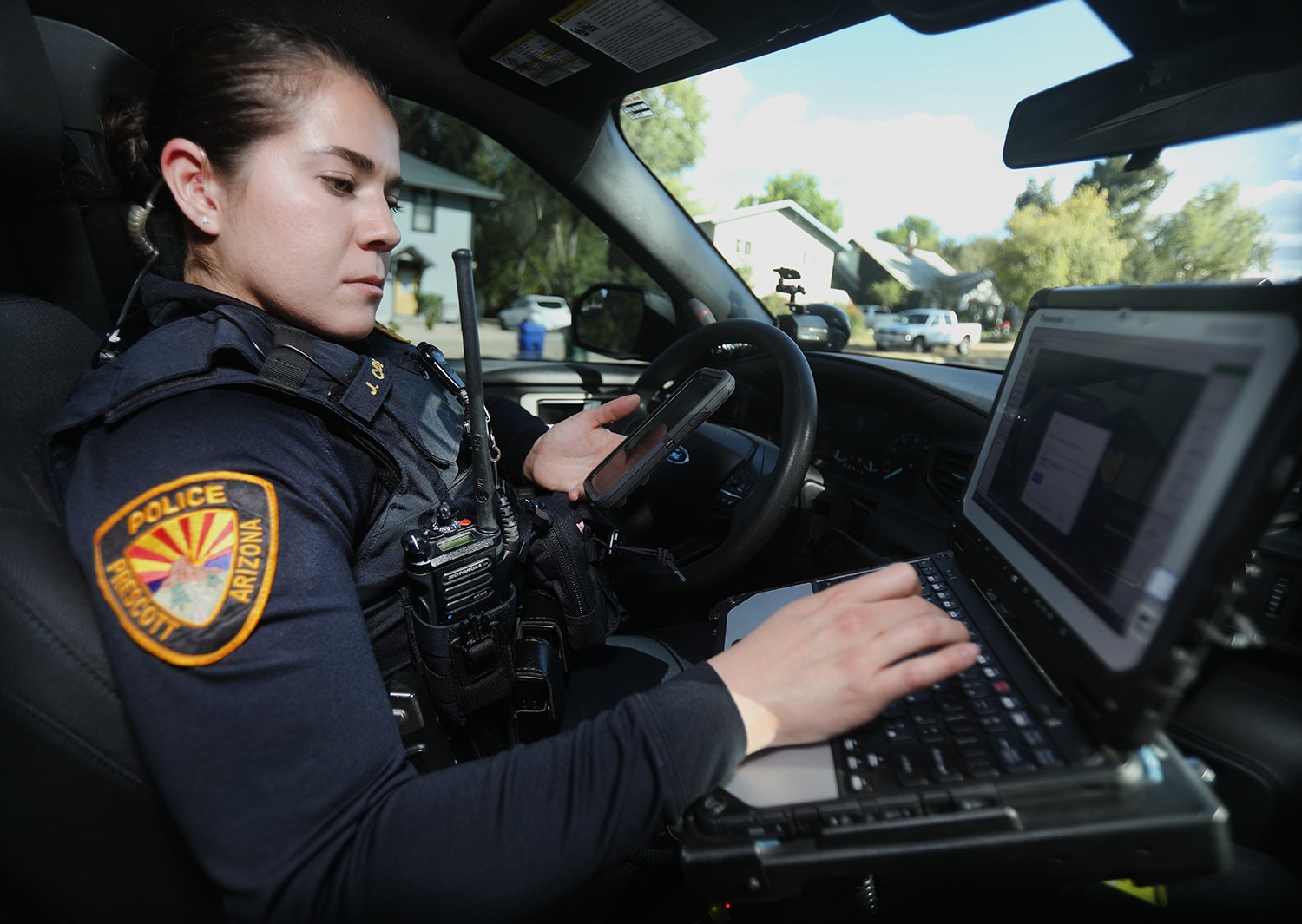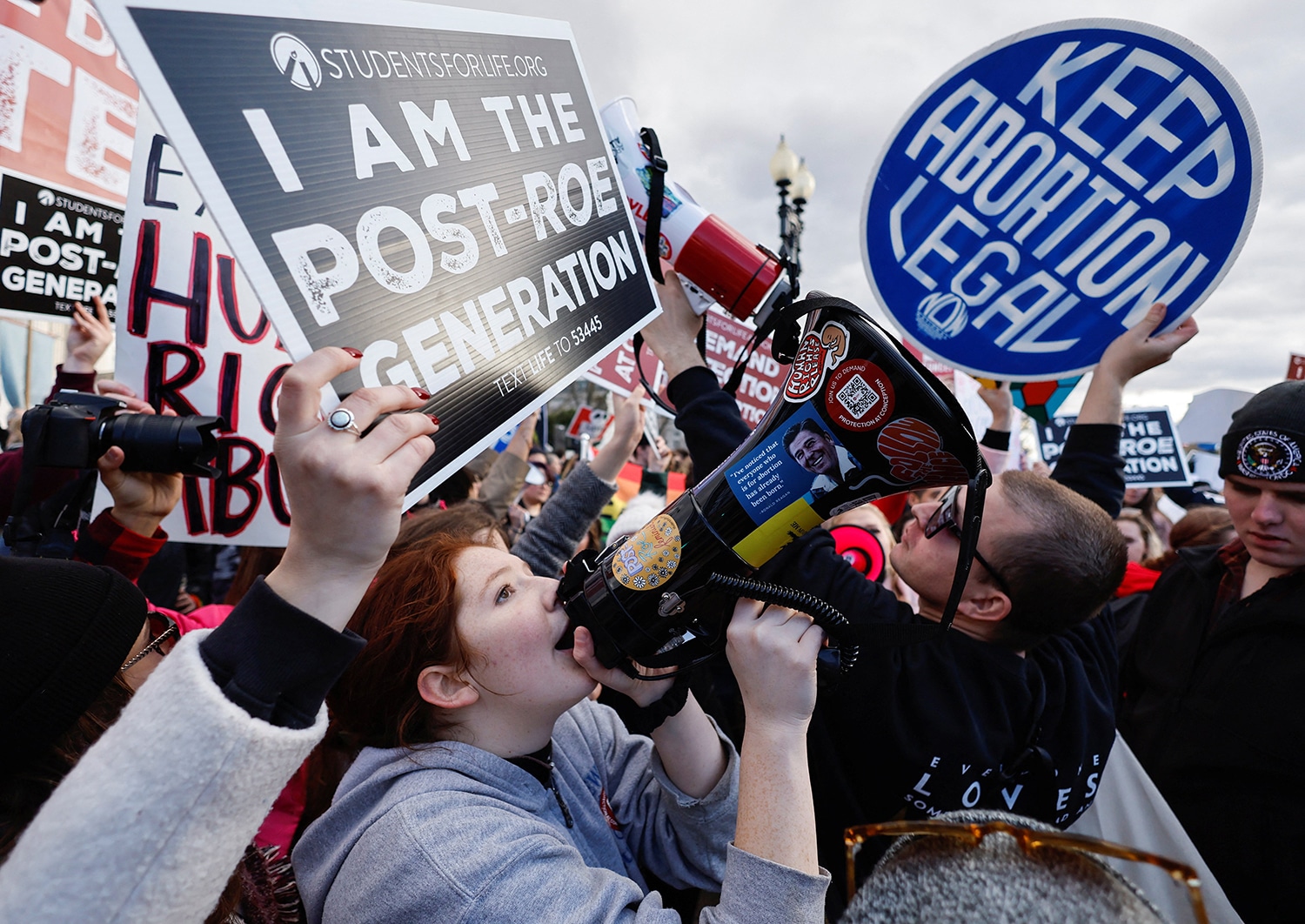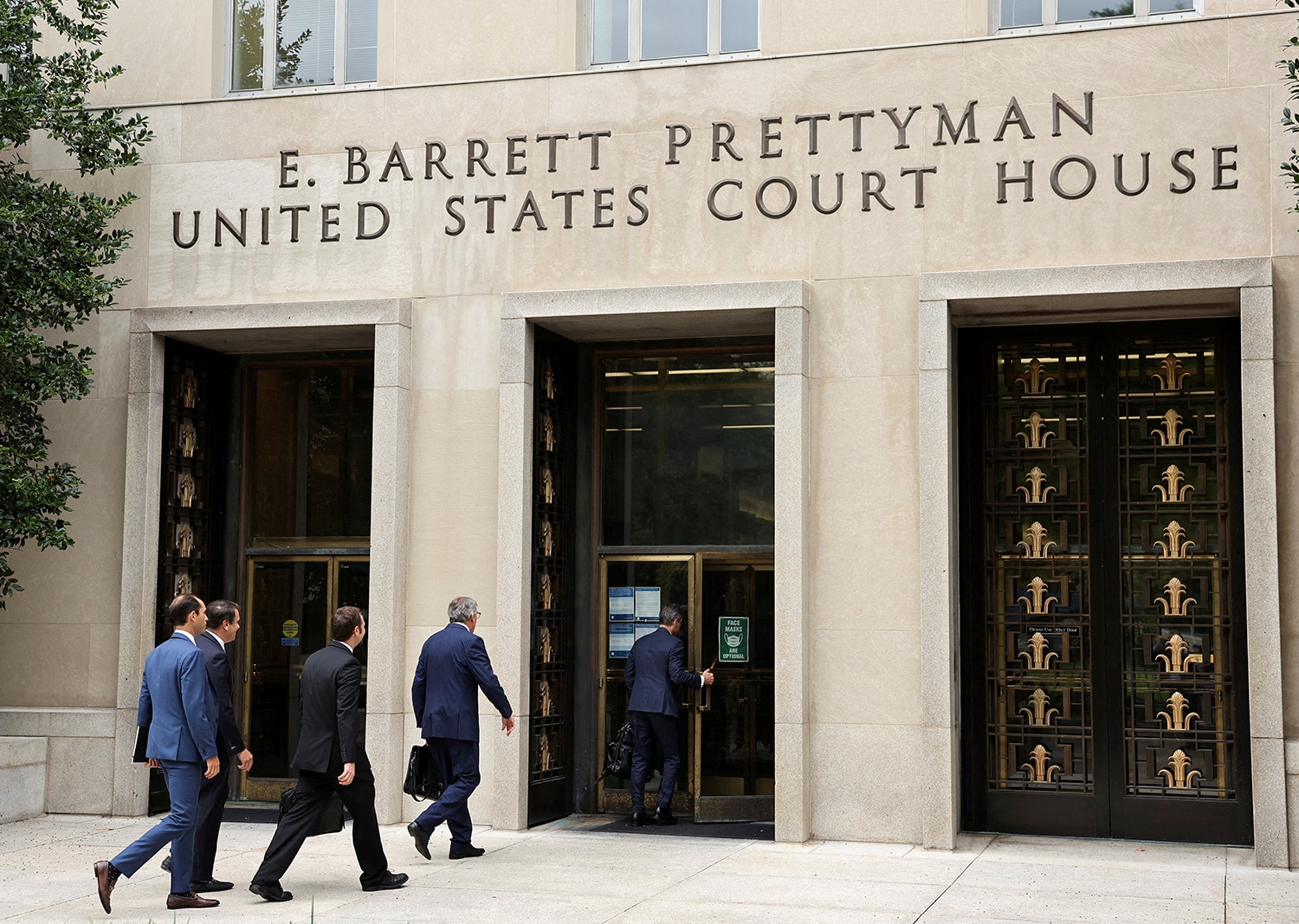(OSV News) — Legislation in Louisiana would classify abortion drugs as controlled dangerous substances, which would criminalize improperly possessing the pills, such as lacking a valid prescription or their use outside the context of a professional medical practice.
The proposal is an amendment that was added in the state House to its version of legislation previously introduced by Republican state Sen. Thomas Pressly’s legislation, SB 276. In its original version in the state Senate, the bill would make it a crime to intentionally give an abortion-inducing drug to a pregnant woman without her consent, something he said happened to his sister, Catherine Herring, in another state.
“My sister was a victim a little over two years ago of domestic violence by her then-husband, who tried to kill her unborn baby with an abortion pill that he grinded up and put into water and told her to drink,” Pressly said in recent remarks on the state Senate floor. “She had a medical emergency at that time and luckily — and by the grace of God — was able to save my niece Josephine’s life.”
Proposal to classify abortion pills as controlled dangerous substances
The amendment to that bill would classify mifepristone and misoprostol — the combination of drugs used in a chemical or medication abortion — as controlled dangerous substances, a category also including medications that can be abused including narcotics. However, the bill states someone who poses the drugs “for her own consumption” would be exempt.
The Food and Drug Administration has argued the drugs pose statistically little risk to the mother in the early weeks of pregnancy. But critics have alleged regulations on the drug were improperly reduced in a lawsuit currently under consideration by the U.S. Supreme Court.
Data from the Centers for Disease Control and Prevention shows that more than half of the abortions performed in the U.S. are chemical or medical, rather than surgical.
Medical use and concerns
The same pill combination also has been prescribed to women who experience early pregnancy miscarriage to expel any fetal remains and residual pregnancy tissue from the womb. The American College of Obstetricians and Gynecologists updated its protocols to recommend a combination of mifepristone and misoprostol as more effective than misoprostol alone for early miscarriage care based on research published since 2018.
Louisiana prohibits abortion unless a woman’s life is at risk or a pregnancy is “medically futile.”
In comments to OSV News, Sarah Zagorski Jones, a spokesperson for Louisiana Right to Life, said the group “supports Sen. Pressly’s effort to protect women like his sister and babies like his niece from the out-of-control distribution of abortion pills.”
“By placing abortion pills in the controlled substance list, Sen. Pressly strengthens legal provisions that can stop these pills from getting into the hands of individuals who can hurt women like his sister,” she said.
Jones argued that under Louisiana law, the drugs meet the criteria for “potential of abuse and risk to the public health.”
“The abuse perpetrated by individuals like Catherine Herring’s former husband clearly shows these drugs are being abused,” she said. “Through our knowledge of other stories, and from the testimony of local centers in Louisiana caring for women in these situations, the abuse of abortion pills is not isolated to Herring’s situation. As we speak, it is very simple for a man to pose as a woman to order these pills online without a prescription, even for a minor, and then to pressure a woman to take the pills.”
“As Sen. Pressly has stated, the medical community regularly uses controlled substances in a myriad of medical situations, including emergencies,” she continued. “The use of these drugs for legitimate healthcare needs will still be available, just like all other controlled substances are still available for legitimate uses.”
Jones added the legislation “clearly exempts pregnant women who possess these drugs for the purpose of ‘her own consumption.'”
In a letter to Pressly obtained by The Washington Post, some Louisiana doctors objected to the legislation, arguing it is “not scientifically based.”
“Adding a safe, medically indicated drug for miscarriage management … creates the false perception that these are dangerous drugs that require additional regulation,” the letter said, adding the drug misoprostol has other uses.
“Given its historically poor maternal health outcomes, Louisiana should prioritize safe and evidence-based care for pregnant women,” they said.
Church teaching
The Catholic Church teaches that all human life is sacred from conception to natural death, opposing direct abortion as an act of violence that takes the life of the unborn child.
After the Dobbs decision, Church officials in the United States have reiterated the Church’s concern for both mother and child, and called to strengthen available support for those living in poverty or other causes that can push women toward having an abortion.

